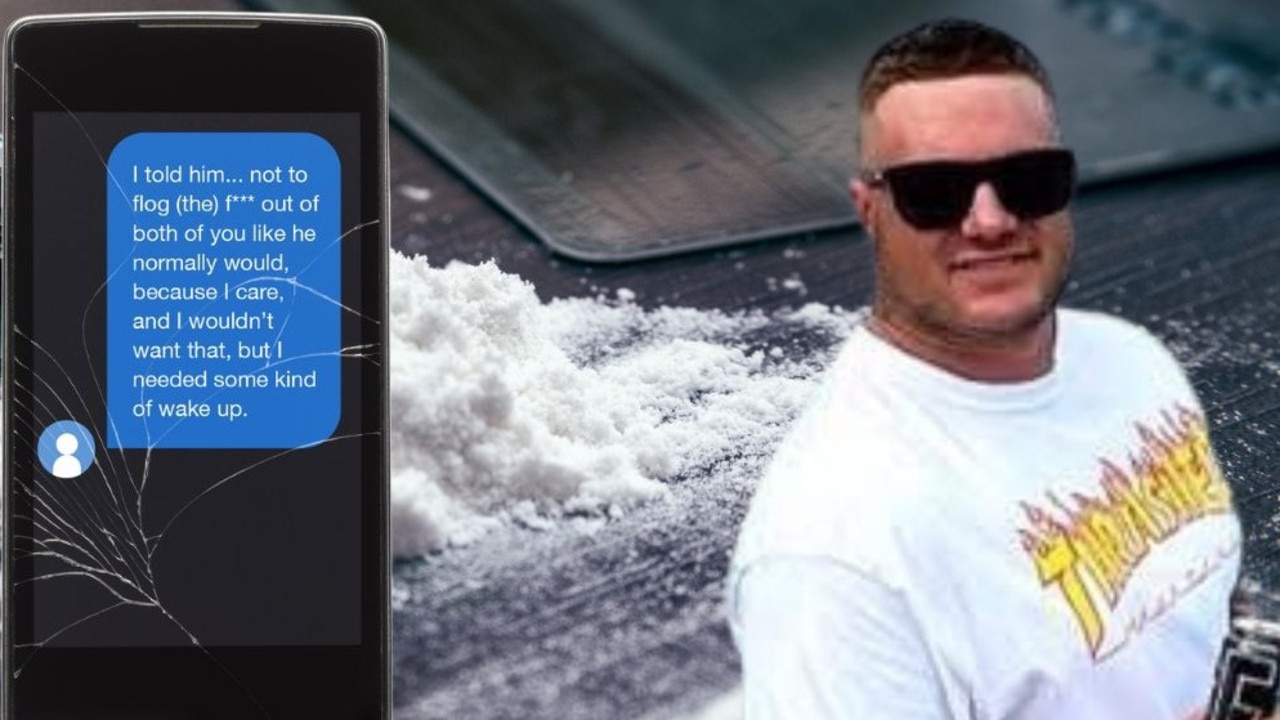‘Left in limbo’: Criminals owe Qld victims $52m in restitution debts
Queensland victims of crime are owed tens of millions of dollars in restitution debts, much of which has been sitting on the books of the state’s debt collection agency for more than five years.

Police & Courts
Don't miss out on the headlines from Police & Courts. Followed categories will be added to My News.
Queensland victims of crime are owed tens of millions of dollars in restitution debts that have been sitting on the books of the state’s debt collection agency for years.
The Courier-Mail can reveal the State Penalties Enforcement Registry is chasing down $52m in restitution debts, of which $30m – or more than half – has been outstanding for more than five years.
Queensland courts can order criminals to pay their victims compensation or restitution for their crimes, and it is up to SPER to collect the money on behalf of the victims.
LNP finance spokeswoman Fiona Simpson has seized on the new figures, saying victims deserve more transparency from the state over how they are recovering the money they are owed.

There are strict confidentiality laws in Queensland that limit the information authorities can provide to victims about how SPER is pursuing their restitution payments.
However, Treasurer Cameron Dick has now confirmed a review is under way within SPER to determine what additional information it could share with victims.
“Queenslanders rightly expect people should pay their debts, especially if those debts are to a victim of crime,” Mr Dick said.
“SPER uses all the powers available to it to hunt down these perpetrators and make them pay.
“These powers include taking money from their bank accounts or wages, and seizing vehicles where they refuse to pay.”
Mr Dick said on many occasions, perpetrators were in custody in either Queensland or in another jurisdiction – which meant they had no assets or income streams with which to pay.

Ms Simpson suggested the state needed to be more upfront when providing information to victims of crime over what was being done to get their money.
“There’s a story of personal hardship and grief for potentially hundreds, if not thousands, of victims of crime who thought they were going to get justice, and they have just been left in limbo,” she said.
“They also often can’t get straight-talking information.
“I think that the victims of crime who are relying on restitution have the right to know whether they’re ever going to get paid.”
Under the laws, a victim can be told if SPER has contacted the offender to recover their restitution payment – but they can’t be told any specific information about the contact.
The victim can also be told if enforcement action has been taken against the offender – but they cannot be told what specific actions have been taken.
The $30m in restitution debts that are more than five years old are shared among more than 13,600 debtors.




